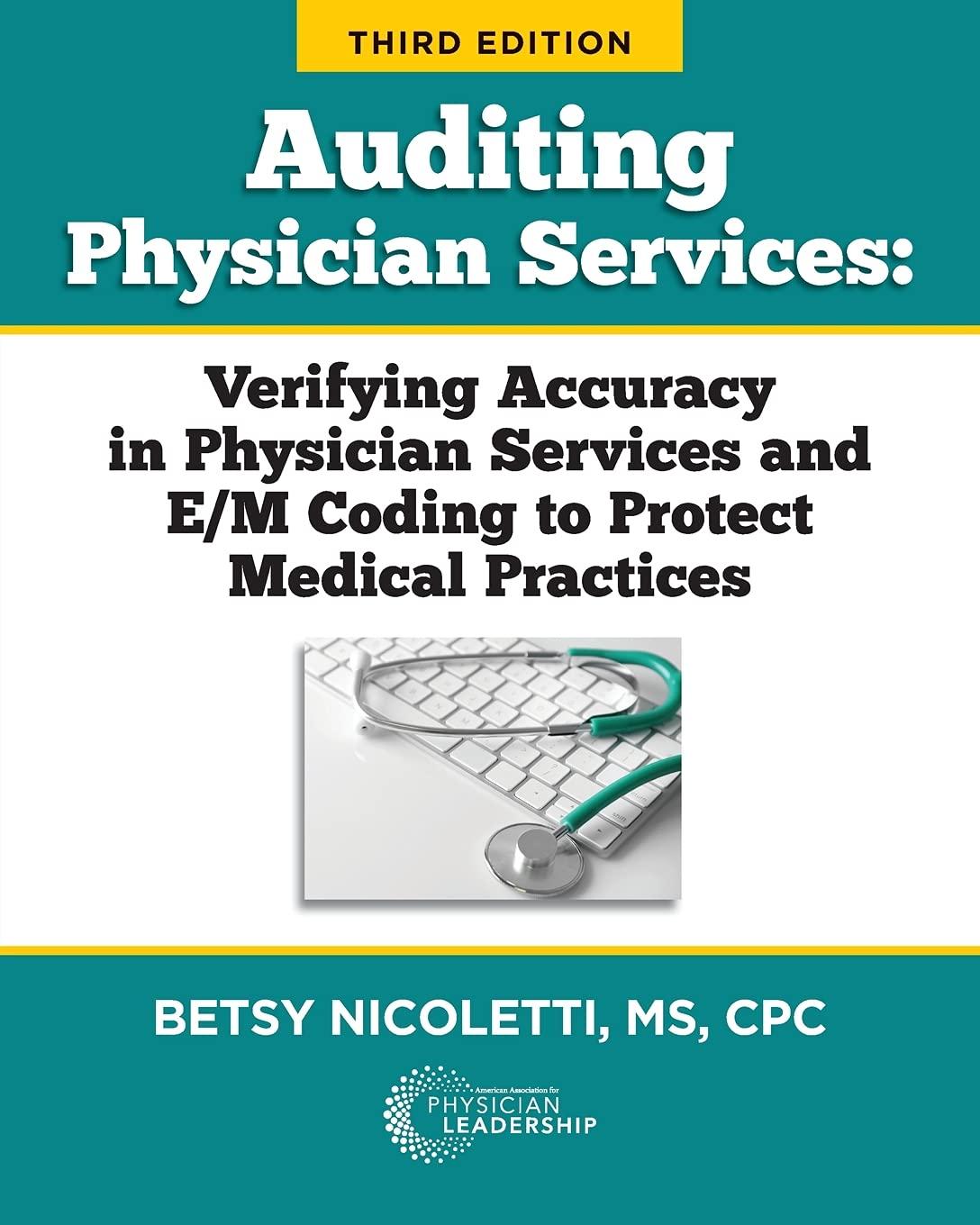Question
An excerpt from the Fourth Amendment reads: The right of the people to be secure in their persons, houses, papers, and effects, against unreasonable searches
An excerpt from the Fourth Amendment reads: The right of the people to be secure in their persons, houses, papers, and effects, against unreasonable searches and seizures, shall not be violated, and no Warrants shall issue, but upon probable cause, supported by Oath or affirmation, and particularly describing the place to be searched, and the persons or things to be seized.
Suspecting a Mr. Dayley of running an illegal gambling and loan sharking operation, the FBI obtained a federal search warrant. The FBI entered the residence of Mr. Dayley and searched through various records. Suspecting most of the records were contained on a personal computer, the FBI began attempting to access the computers various files.
Unable to access the needed files because of password barriers, the FBI installed a system known as a key logger system (KLS). This system was able to determine the keystrokes made on a computer and thus allowed the FBI to discover the password needed to enter the incriminating files. The discovery led to the gathering of evidence linking Mr. Dayley to the suspected illegal operation
Question: Were Mr. Dayleys Fourth Amendment rights violated?
Step by Step Solution
There are 3 Steps involved in it
Step: 1

Get Instant Access to Expert-Tailored Solutions
See step-by-step solutions with expert insights and AI powered tools for academic success
Step: 2

Step: 3

Ace Your Homework with AI
Get the answers you need in no time with our AI-driven, step-by-step assistance
Get Started


